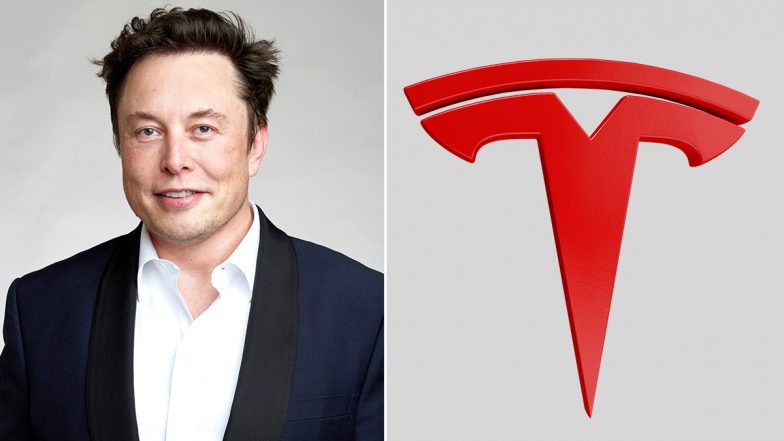The news about the news most days is grim. Every story about the industry seems to include the word “beleaguered,” and if a newsroom isn’t laying people off, it’s probably cutting or slashing in some other way. In March, Axios co-founders Mike Allen and Jim VandeHei dropped this quasi-obituary while exploring the shifting power dynamics of our information landscape: “Traditional media, at least as a center of dominant power, is dead.”
Allen and VandeHei wisely observed how Americans are self-sorting into a dozen different isolating media bubbles. But the thing is, bubbles can pop. Though the old mass media days may be long gone, even in this era of influencers and information silos, major networks and legacy newsrooms have the ability to break through. In the past several weeks of political upheaval, complete with an assassination attempt against Donald Trump, the national media has reasserted itself in a 2024 election story the public had been largely tuning out.
Just ask President Joe Biden. What started with a presidential debate produced by the O.G. cable news network, CNN, ended four weeks later with the president giving a televised address on his decision to pass the torch to Kamala Harris. About 29 million people tuned in across the networks. If this were a summer blockbuster, it would be titled The Mainstream Media Strikes Back.
I want to be crystal clear: The Biden backlash was not a media creation. The news coverage was not conceived by conniving editors who wanted to force Biden off the ticket. This wasn’t some muscle-flexing contest or clickbait strategy. Those conspiratorial takes (and I’ve read them all in my social media replies!) presume that some all-powerful entity controls the commentariat. If only it were that easy! When CNN’s John King, seconds after the debate, reported on air that “there is a deep, a wide, and a very aggressive panic in the Democratic Party,” he had no idea that Nicolle Wallace was saying much the same thing on MSNBC.
But it’s true that the conventional wisdom about Biden’s weakness hardened very quickly. Newsroom leaders sensed that a huge story was unfolding within the Democratic Party—even though most of the Democrats in positions of power were only speaking anonymously at first. Well-sourced reporters signaled that Biden’s candidacy was on the line—not because they wanted it to be, not because they craved a juicy story, but because that was the reality inside the party.
Even before the debate, the enduring power of the “MSM” was on display. All of the major networks came together in April and flexed their collective power with a statement that publicly pressed Trump and Biden to debate. The Biden campaign, in a now-infamous miscalculation, proposed a matchup in June, far earlier than past general election debates have been held. CNN (one of my former employers) provided all the production resources—as only a handful of media entities are able to do.
Just three months before the debate, Biden delivered a commanding State of the Union address that surprised Democrats and Republicans alike. Representative Jerry Nadler was heard telling Biden afterward, “Nobody is going to talk about cognitive impairment now.”
But, of course, that talk resumed about one minute into the debate, as Biden appeared hoarse and halting. CNN anchor Anderson Cooper later said that political commentator Van Jones looked, during the June 27 debate, like he’d been punched in the stomach.
Opinion writers at The New York Times drafted columns calling on Biden to step aside. Editors at The Atlantic assigned multiple articles about Biden’s inability to govern for another four years. Anchors on MSNBC wondered aloud about alternatives like Harris. These bastions of traditional media—some openly left-leaning, others fiercely independent—platformed the fears that were blowing up progressives’ group chats. “For the President to insist on remaining the Democratic candidate would be an act not only of self-delusion but of national endangerment,” the New Yorker editor David Remnick wrote two days after the debate.
These media outlets, though squeezed by eroding business models and growing competitors, still have a ton of sway—and the Biden turmoil reaffirmed it. While the bubble phenomenon is real, “and the trend is accelerating,” VandeHei said, “there’s also the enduring power of the big institutions in big moments.”
Large swaths of liberal readers, including White House aides and Biden (now Harris) campaign strategists, paid attention to every new development and data point. All of a sudden people were buzzing about newspaper editorials—not exactly an everyday occurrence. Insiders were parsing the comments on Biden’s morning show of choice, Morning Joe, for clues about what might happen next.
Political historian Brian Rosenwald, author of Talk Radio’s America, told me he thought the Biden crisis coverage was “disproportionate” but legitimate. “With each generation, media has fragmented more” away from the Big Three network model, “but this was one of those rare moments when it almost approached the old landscape,” he said. Scrutiny of Biden’s condition was relentless, he told me, and “when we get this kind of hyperfocus, it still packs a huge punch.”
Legacy outlets like The Wall Street Journal and The Washington Post contributed crucial reporting about Biden’s diminished health. Some Biden diehards bemoaned the reliance on anonymous sources and tried to deny the stories. But the leaks were generally borne out. The reporting rightly pointed toward Biden’s inevitable exit.
The criticism sometimes burned. WaPo editor Matt Murray reminded his staff, about a week after the debate, that “we serve the largest aims of readers and of our democracy by shining light on our leaders even in difficult times and even on topics that may make some readers uncomfortable.”
TikTokers and YouTubers found themselves citing the work of dead-tree media as the Democratic infighting intensified. After all, someone still has to sort out the raw material that everyone else dissects. “I just did Megyn Kelly’s podcast and we spent half the time arguing about the mainstream media,” VandeHei recalled.
Biden’s inner circle acknowledged the import of old-guard media by booking interviews with ABC’s George Stephanopoulos and NBC’s Lester Holt. Instead of alleviating concerns about Biden’s competency, the interviews merely prolonged the anxiety. While the fever swamps of the right-wing echo chamber swelled with crazed conspiracy theories about Biden’s death, the reality-based media signaled that Biden was increasingly isolated and likely to step aside. As Jones said on CNN, “We got new information about our leader, and we decided that we had a responsibility to the country, and to the party, to give somebody else a shot.”
On Sunday, Biden succumbed to the pressure and said he would not run for a second term. On Monday, shares of stock in The New York Times Company closed at a 52-week high.






